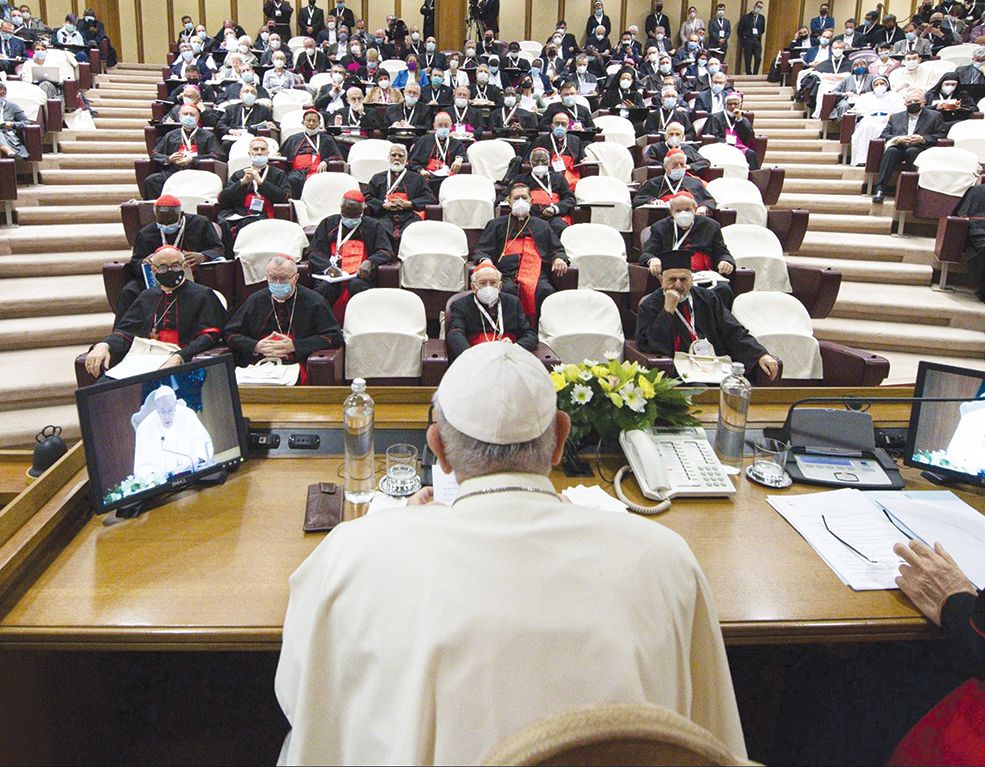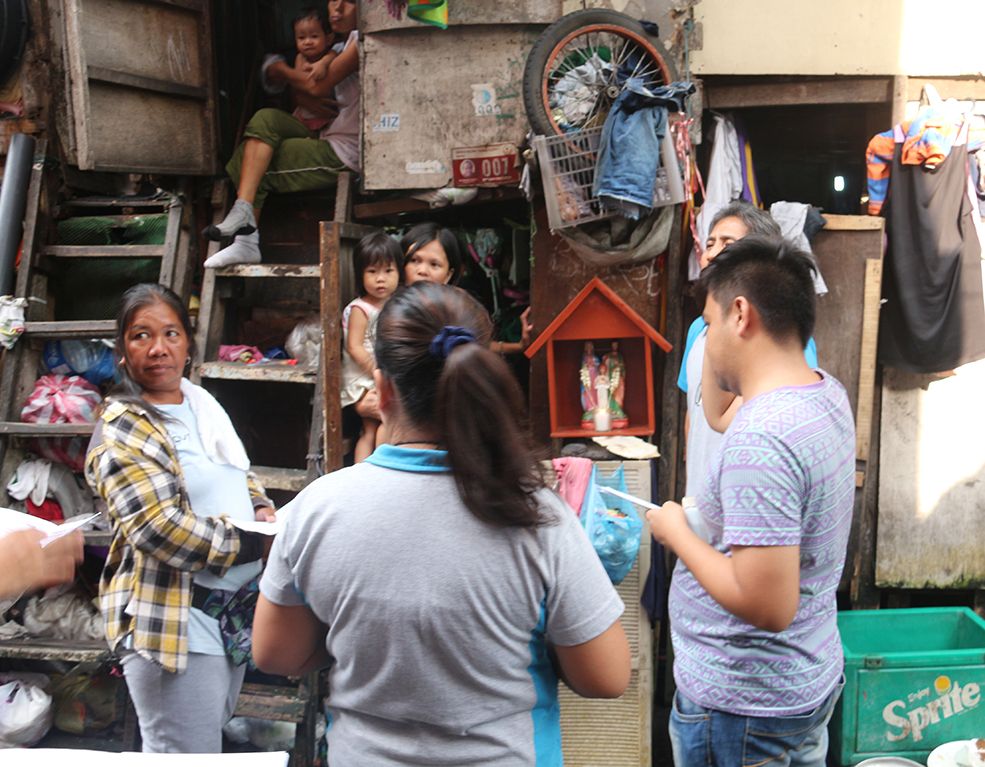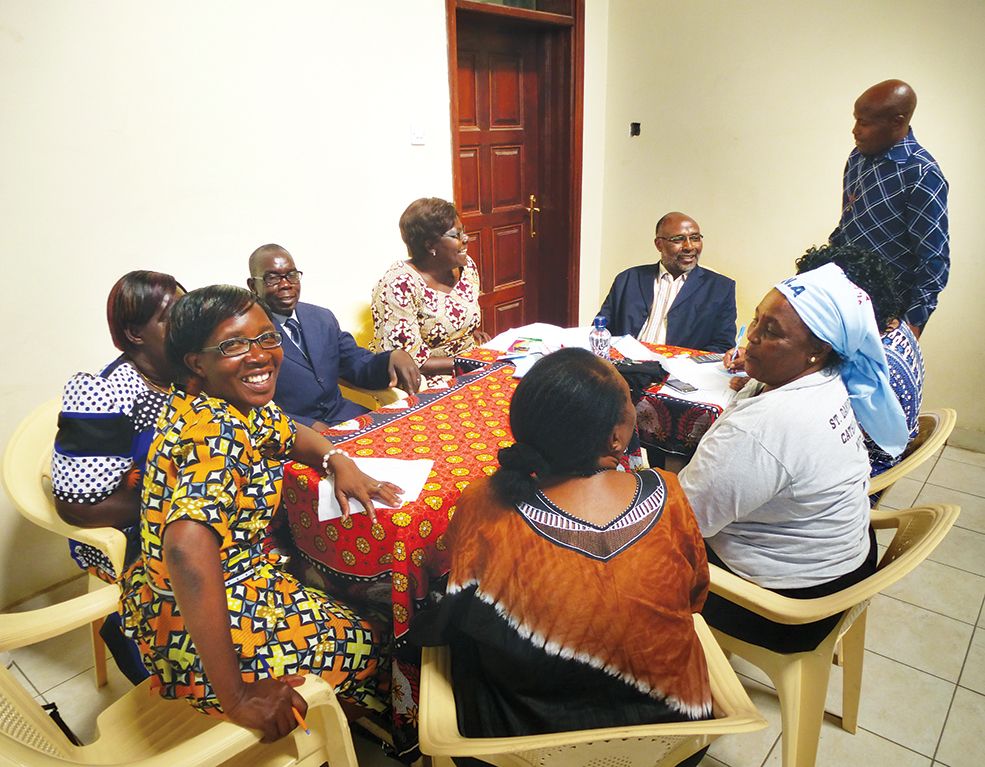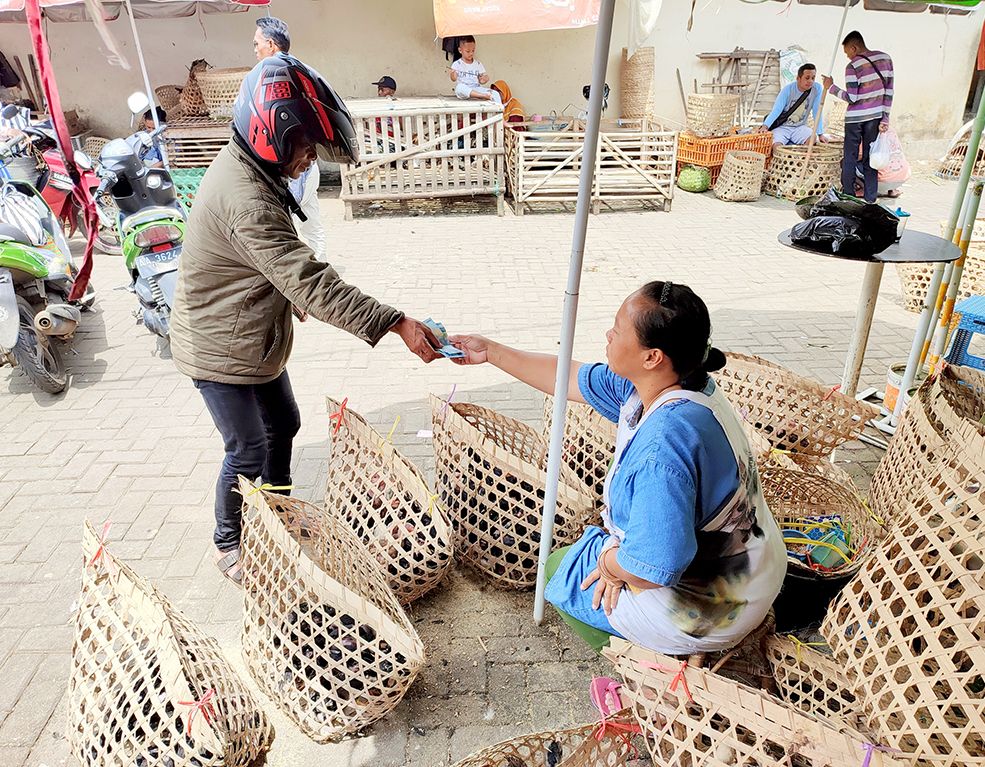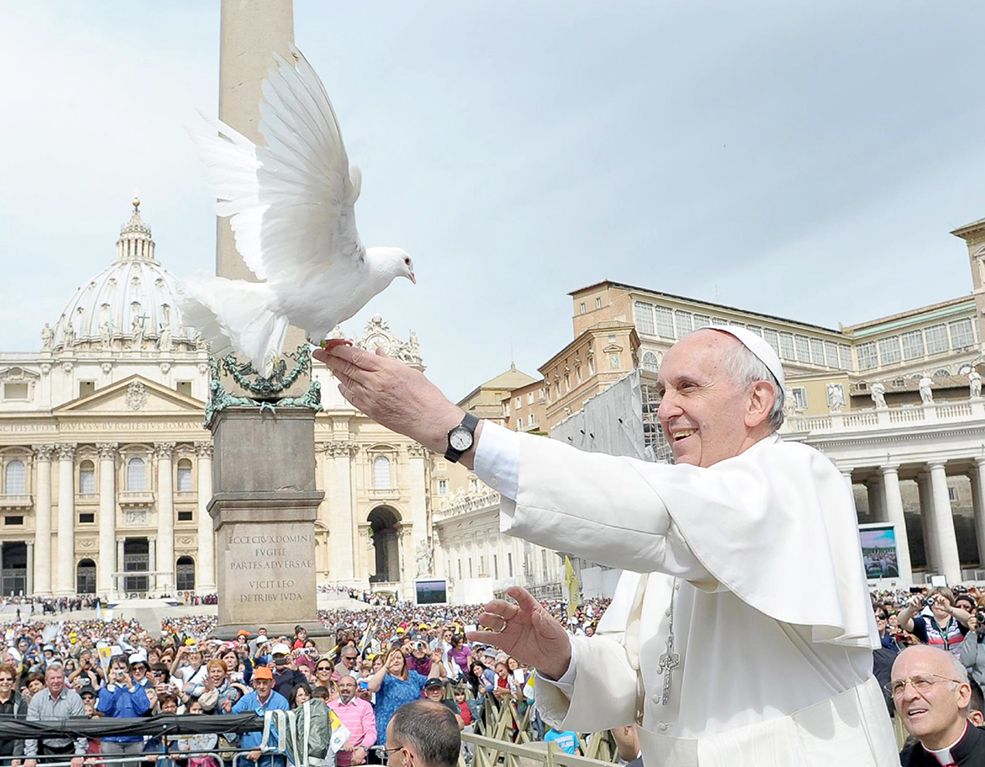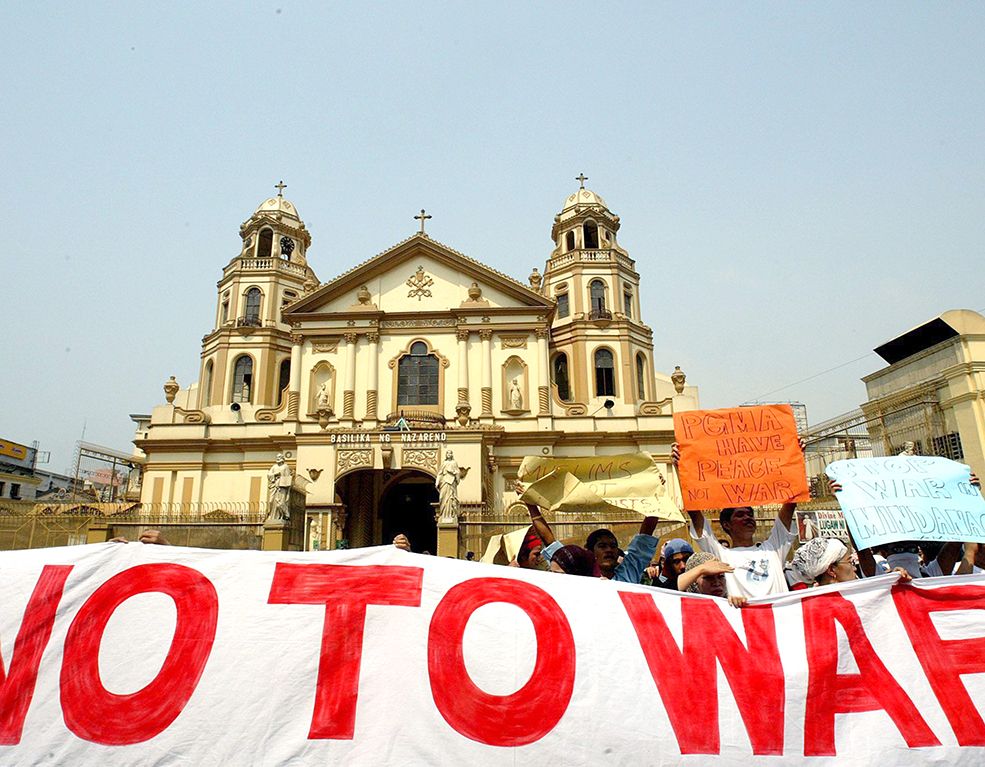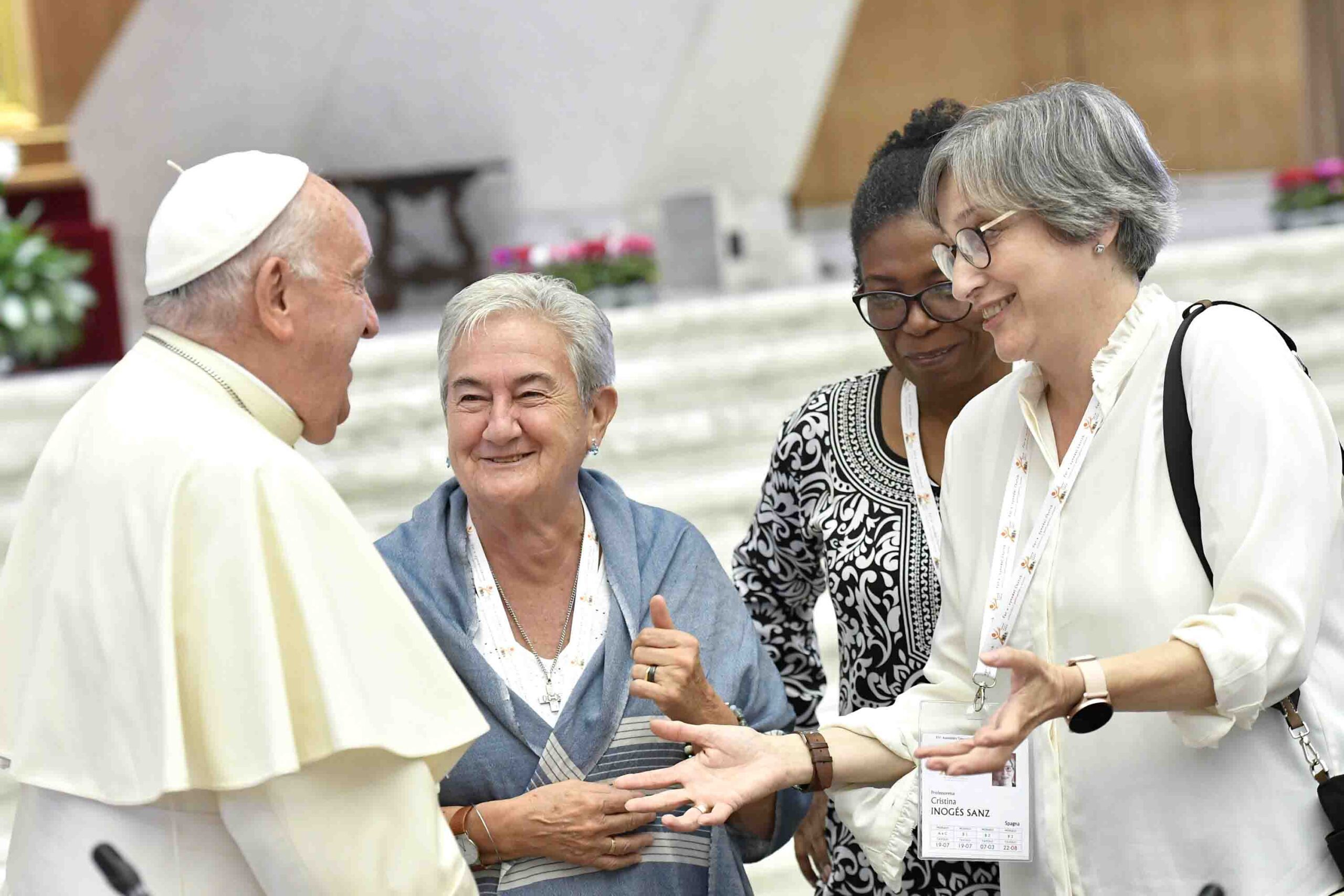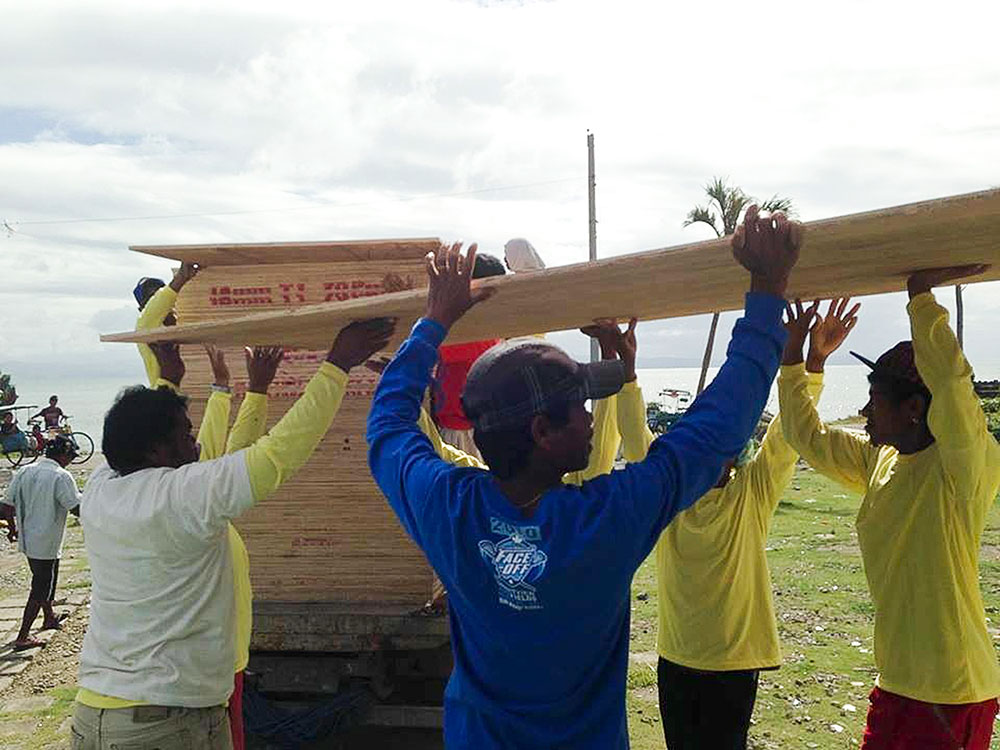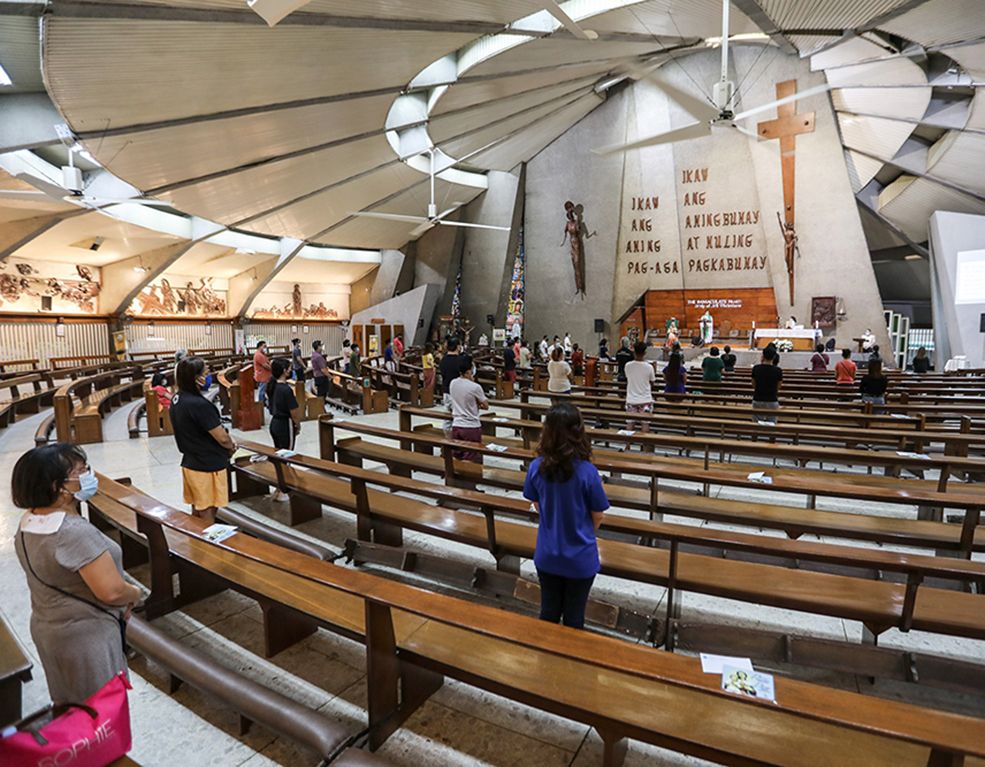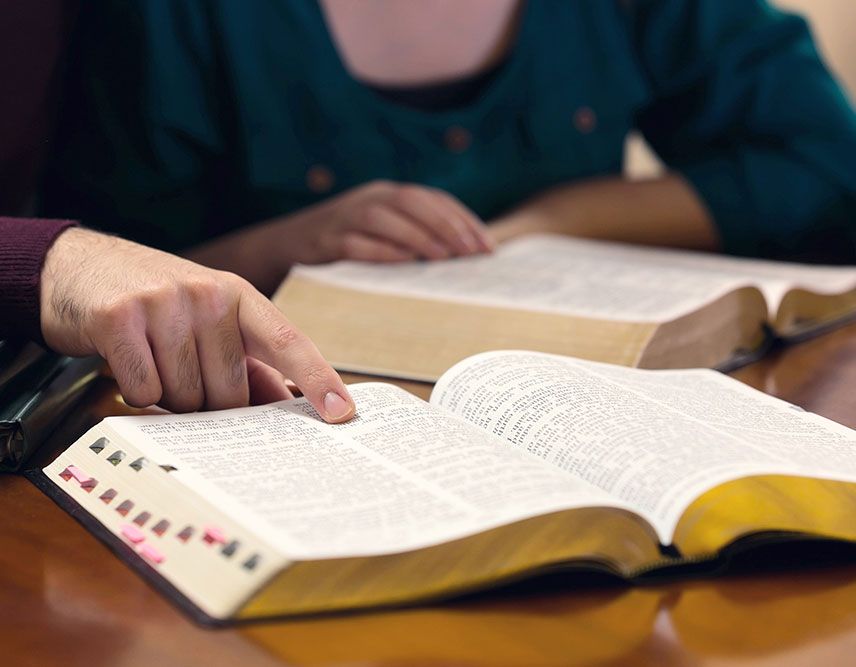Christina Kheng expects the synodal journey to reduce the gap between Church leaders and the laity and above all limit the cultural rigidities that are specific to Asia. She also expects the Synod to provide an opportunity to elaborate a new way of sharing responsibilities within the Church, holding the leadership together while listening to everyone’s voice. In the interview with AsiaNews, she talks about her own commitment to this endeavor and what steps forward the synodal journey can make to help the Churches of Asia.
What role do you play in the Synod’s Commission on Methodology?
The Commission on Methodology is called to accompany the synodal process both in local Churches and the synodal assembly. We are helping translate the theology of synodality into the concrete life of communities, welcoming the voice of the Spirit, and listening to one another.
Our first task was to contribute to the drafting of the Vademecum published at the start of the journey. After reading it, some people told us, “It is a document with a different tone, very open to dialogue, and flexible.” It does not say, “Do this!” Instead, it encourages creativity. This, I think, is our task.
You teach pastoral leadership. What is that?
It means to live one’s ministry in a way that is both effective and rooted in the Gospel. Today, learning to manage operations and organizations requires an interdisciplinary approach so that the Catholic faith and secular approach of the management sciences can be held together.
What difficulties does this challenge entail?
Often today those who lead an organization within the Church end up adopting the most common corporate model. This is wrong because it contradicts the Gospel’s vision in several ways. Our view of man is not based only on the here and now; it is also spiritual, calling on us to look at the person as a mystery and not only as a workforce caught in a cog.
Pastoral workers are often very spiritual people who pray deeply, but when they find themselves leading their organization, it is as if they forget the faith and the Gospel, using only the business model of management.
Instead, we must learn to integrate both aspects. And once this is done, we can have something to pass on to lay managers. Indeed, today’s paradox is that many companies talk about social responsibility because they see that something is missing from their model.
Can the path towards synodality be a school for this?
Absolutely. The fact that it aims to involve those on the margins and tries to converge by including the voice of all is something important. In all societies today we see growing polarization, with people looking at each as enemies, with less tolerance for those who have different views. The synodal process can do much to develop a model that holds together leadership and dialogue, a collaborative way of carrying out one’s mission.
What does the synodal process say in particular to the Churches of Asia?
The Churches of Asia must improve internal dialogue. For cultural reasons and the traditional way of living the Church, there is little shared responsibility with the laity. Although they go to Mass much more than in Europe, in most cases laypeople think that being Catholic stops there and expect pastors to provide guidelines as to what they must do. This must change. We need more cooperation.
The clergy and the religious in Asia must also change, helping everyone to make their voices heard. It will be important that ordinary Christians also be present at the continental meeting ahead of the Synod, not only bishops, priests, religious, and laypeople with an assigned role. It will be important to have room for the poor, for young people, and for those who come from the most forgotten areas.
In Asia, Christians are a small minority almost everywhere. Will the Pope’s call to listen also involve men and women of other religions?
Of course. Even if technically the synodal path is a journey of listening to the people of God, to make a discernment means to listen to all the voices in society. We cannot exclude the poor, the marginalized, other religions, even the voice of creation that cries out today. The sensum fidei of the People of God is born from this. It is not to say what I think, but to listen to the Word of God and to the world around us so as to read the signs of the times.
Asia is living this path while it is still deeply marked by the pandemic
In many countries, Mass is still celebrated online. I was only able to attend Mass in person in Rome after many months. Of course, an online Mass is better than nothing, but we must multiply our efforts so that people can gather together again, even when this means following complex procedures. In addition, the pandemic has deeply affected religiosity, raising questions about the meaning of life. If the religious community does not help to provide answers, many will lose interest or look for other ways.
Where do you hope to find the Churches of Asia at the end of this Synod?
I dream of a synodal Church, more alive in its missionary spirit. Many of our countries today are growing economically, very fast but without equity, destroying the environment, with so many people losing their values, with young people left out. The Church in Asia should not just be frightened by all this, seeing herself only as a persecuted community. She must find the way for dialogue within these societies by living her mission. I am convinced that shared responsibility, by reducing the distance between the hierarchies and laity, can help a lot towards this end. Published in AsiaNews




